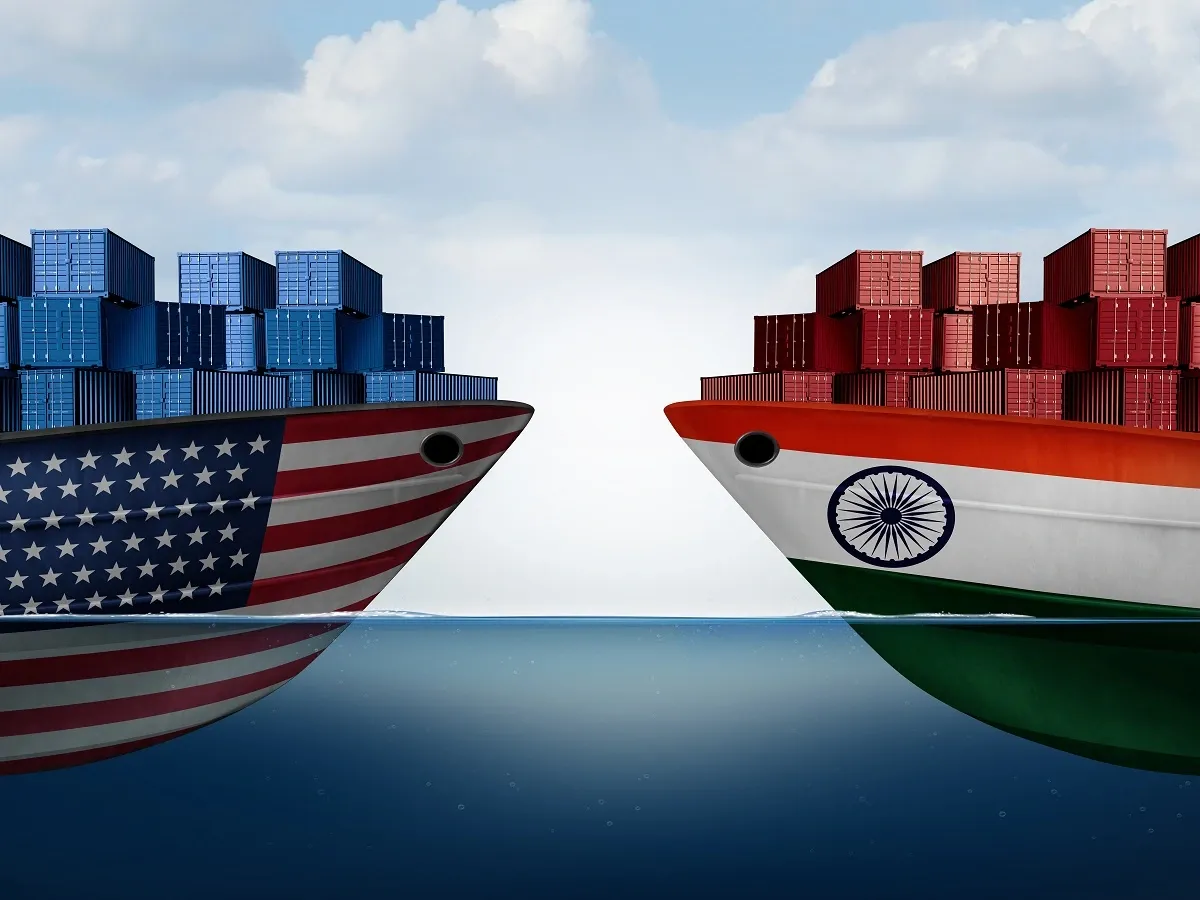Business News
Why India shouldn’t rush its trade deal with US: GTRI cites lessons from Japan, Vietnam
.png)
3 min read | Updated on July 28, 2025, 12:51 IST
SUMMARY
India, currently in talks with the US, is seeking tariff relief but resisting concessions on agriculture and dairy amid pressure from American demands.

The next round of negotiations will be held in India in the second half of August. Image: Shutterstock
India must tread carefully in its ongoing trade negotiations with the United States, think tank Global Trade Research Initiative (GTRI) said on Sunday, pointing to the lessons from recent trade deals announced by the Trump administration with countries like Japan and Vietnam.
In order to prevent any misrepresentation, GTRI founder Ajay Srivastava said New Delhi should insist on a jointly issued written statement before acknowledging the final terms of any agreement.
Citing a July 25 document from Japan’s Cabinet Secretariat, GTRI highlighted a major disconnect between Tokyo’s interpretation of its recent trade engagement with the US and President Donald Trump’s public assertions.
Trump claimed the deal includes large Japanese investments and sweeping US access to Japanese markets, claims not supported by Japan’s official summary, which describes an ongoing negotiation with no binding commitments.
Japan has pushed back on Washington's assertions, saying no final agreement exists.
A Japanese official said Tokyo expects any profits from the proposed $550 billion investment package to be split based on each side’s contribution, contradicting Trump’s claim that the US would receive 90% of the profits while Japan bears the full investment burden.
Trump unilaterally announced a trade deal with Indonesia, but the pact is still under negotiation.
A July 22 joint statement by Indonesian and US trade officials outlined the basic framework, with tariff rates and non-tariff measures still being discussed.
Vietnam has not confirmed tariff rates announced by the Trump administration, and there are concerns in Hanoi that exports to the US could fall by up to a third if higher tariffs take effect.
“India should tread carefully as it negotiates its trade agreement with the United States, taking a cue from the experiences of countries like Vietnam and now Japan,” Srivastava said.
On April 2 this year, Trump announced reciprocal tariffs on several countries, including India. The implementation of these tariffs was initially suspended for 90 days till July 9 and later extended till August 1 as negotiations continued.
Trump has been sending out tariff notification letters to smaller trading partners, including the Philippines, Brunei, Moldova, Algeria, Libya, Iraq and Sri Lanka.
India has not been targeted in these initial lists, providing some relief to Indian exporters.
New Delhi is seeking the removal of an additional 26% tariffs as well as easing of levies on steel, aluminium, and autos.
It is yet to be seen if the Trump administration will extend the deadline in case India and the US fail to secure an interim trade deal before August 1.
The US is reportedly demanding duty concessions on industrial goods, electric vehicles, wines, petrochemicals, agricultural products, dairy items, apples, tree nuts, and genetically modified crops.
Farmers' associations in India have urged the government not to include agriculture in the pact, while New Delhi has so far also resisted any duty concessions for dairy in trade deals.
By signing up you agree to Upstox’s Terms & Conditions
About The Author
Next Story

